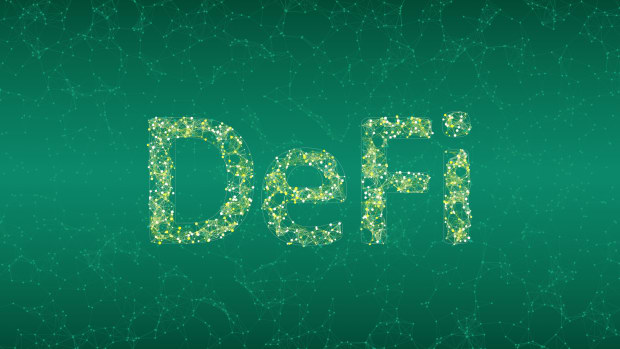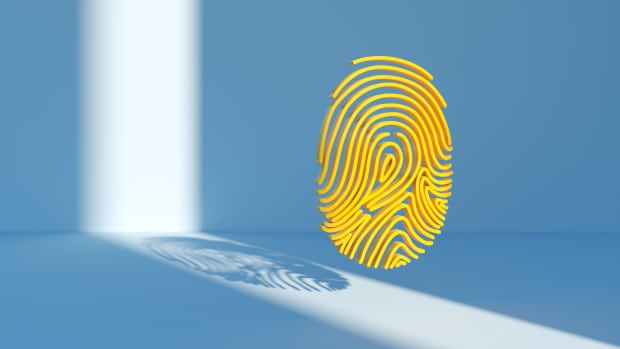Blockchain’s Role in Verifying Identity in the AI Era
With the rise of sophisticated AI-generated content, verifying identity online has become increasingly challenging. Apurv Kaushal, co-founder of Intract, believes blockchain technology offers a solution. Speaking at ETH Denver with Jackson Hinkle of TheStreet Roundtable, Kaushal explained how blockchain can be used to combat misinformation and establish digital authenticity.
“The latest generative AI technology has essentially created this abundance,” Kaushal stated. “Anyone can create whatever content and produce it with maximum production quality. That’s where blockchain technology comes in pretty handy.”
He further elaborated that blockchain enables digital scarcity by allowing creators to record their content’s authenticity on a public ledger. “Once it’s stored there, no one can really change that,” he said. “This enables any content being produced to be traced to its origin.”
With AI-generated content spreading across the internet, a blockchain system could tag videos, images, and posts with a signature, verifying whether they originated from a human or an AI.
Empowering Users with AI
Beyond verifying authenticity, Intract aims to empower users with AI rather than overwhelming them. “Through our infrastructure, you as a user will no longer be overwhelmed by AI, but actually empowered by it,” Kaushal said. “You can even use this infrastructure to prove that you’re a human versus a bot, which is going to be more and more tricky going forward.”
One of Intract’s main focuses is on personalized AI agents – AI tools tailored to individual users while maintaining privacy. “ChatGPT is great, but it’s just too generic,” Kaushal noted. “Being able to give your personal data to ChatGPT and let it do magic for you — without worrying about it being leaked to OpenAI for advertisements — is another example of how this infrastructure can be used.”
Looking Ahead to 2025
Kaushal expressed optimism about the future, noting that Intract’s privacy infrastructure is designed to address significant challenges in AI, blockchain, and identity verification. “With identity crises looming and data silos holding us back, their privacy infrastructure could be a cornerstone of the next digital era,” he added.




